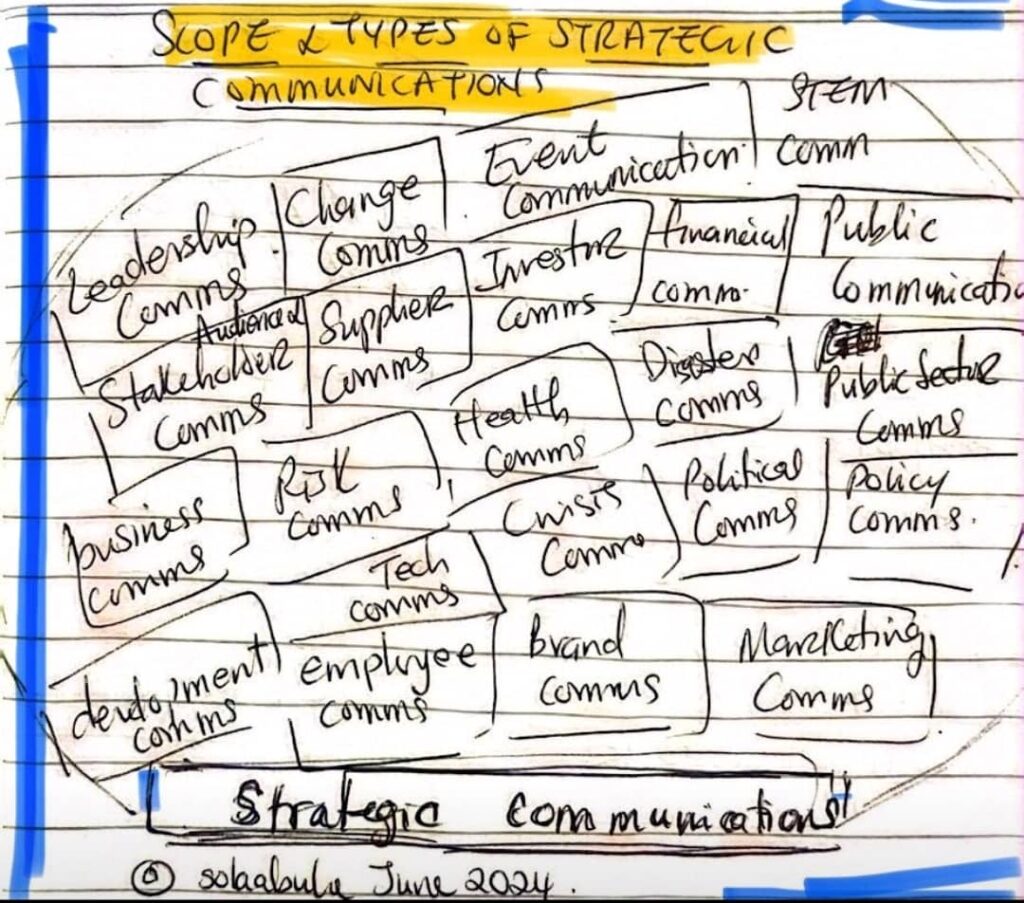How to Transition into Core Communications?

Transitioning from any career path at all does not come cheap. A lot of work has to be put in place to learn the art and science of the profession. In the communications industry, many people believe that having a flair for communications is enough to gain expertise and competence in a communications role but this is not the case. To gain expertise in any area requires a deliberate effort to learning and transitioning.
Being able to communicate via writing and speaking shows that a person has a good interest in the field which can be leveraged to learn the science of communications. The same is applicable to having knowledge of basic social media or account handling. This does not translate to communications expertise. The communications industry is quite broad with over 12 expertise areas. This video will give you insight into the areas of expertise. Also, there are several skills you should have to be described as a core communications professional. Oftentimes, what many people have are supporting skills but this differs from skills required to occupy core communications roles.
Some core communications roles include audience research, stakeholder research and data analysis, creative writing, messaging and content development, subject matter expertise, and communications strategy development. On the other hand, some supporting communications skills include program and event management, vendor and media partner management, campaign implementation, creative design, visual communications, information technology, and platform management. Catch up on our previous article to learn more about this.
The mistake anyone can make in transitioning from another career into core communications is to assume that head knowledge does the job. Also, theoretical knowledge cannot be achieved from job shadowing alone to be effective. This is also applicable to people who have previously occupied supporting communications roles. Theoretical knowledge is important in transition. This is where you learn the frameworks, theories, and strategies that produce desired communication results, the profession’s ethics, and the psychology of communication, amongst others.
Some Important Things to Consider in Transitioning
- Attend industry events: To transition into core communications, be deliberate about attending industry events. They will help you get familiar with communications concepts, trends and predictions. It is important that you are specific while looking out for these events so as not to substitute communications events with public relations as their focus differs. We discussed on the difference between public relations and communications. You can catch up here.
- Join platforms and communities that talk about communications
- Join professional communications associations
- Volunteer for roles: It is through volunteering that you can easily gain experience in handling core communications roles. You can look out for opportunities where there is a communications gap and render your service to offer solutions alongside building your experience/portfolio.
- Pursue certifications and take training: Taking certification courses and enrolling for trainings will help you develop the skill and jargon in core communications. Sola Abulu and Associate offers a strategic communications course that exposes students to the theoretical frameworks of strategic communications and stakeholder management. You can sign up here.
Are you a core communications professional who wants to become a strategic communications professional? You will find this useful.
……………………
Sola Abulu & Associates is a strategy and communications consulting and training firm committed to enabling businesses, brands and organizations to achieve their objectives through strategic communications, organizational effectiveness and reputation risk management
Chat with us for more information on our courses.
